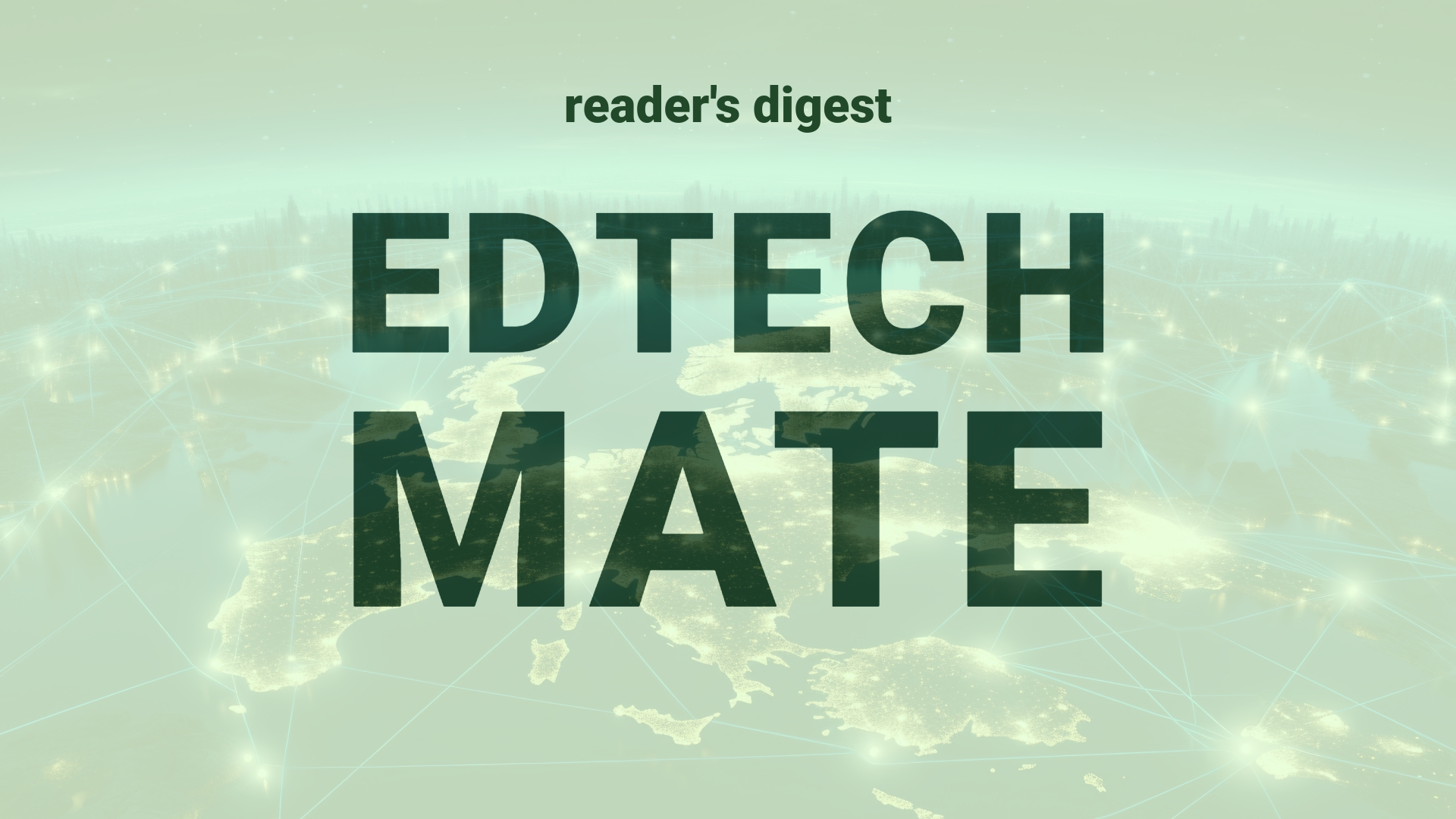“`html
Executive Summary and Main Points
The recent Tesla Annual Shareholder’s meeting in Austin, Texas, chaired by CEO Elon Musk, surfaced several key points of interest for the broader education technology sector. Innovations in autonomous vehicle technology and the development of AI, particularly large language models and AI chatbots, are of significant relevance. The advancement of vehicle autonomy and the potential applications of humanoid robots, as discussed by Musk, suggest a trajectory that will be influential not just in transportation, but also in the modalities and methodologies of global higher education.
Potential Impact in the Education Sector
The emphasis on AI and autonomous systems at Tesla’s meeting portends a significant influence on Further Education and Higher Education, with the possibility of transforming curricula and skill development strategies. The inclusivity of micro-credentials into academic offerings may expand as the need to upskill in response to these emerging technologies becomes more urgent. Notably, strategic partnerships between educational institutions and tech companies could fortify the digitalization of education, potentially benefiting from Musk’s AI-driven initiatives, through collaborative research and educational offerings.
Potential Applicability in the Education Sector
Innovative applications involving AI and digital tools, emergent from Tesla’s focus areas, provide powerful implications for global education systems. For instance, AI chatbots and language models akin to Tesla’s Grok could revolutionize student engagement and personalized learning at scale. Additionally, the role of autonomous systems and humanoid robots, seen in Tesla’s operational strategies, could introduce new fields of study within robotics and AI ethics, as well as the practical training of students to interact with and manage such technologies.
Criticism and Potential Shortfalls
Critiques revolve around the ‘unfathomable’ scale of compensation packages and perceived overpromises on technology delivery dates. Real-world examples illustrate the lag between Musk’s forecasts and actual product readiness, as seen in the protracted development of autonomous vehicle technology relative to competitors. Internationally, this invites scrutiny on the reliability of such promises and their feasibility given varying global regulatory environments. Ethical and cultural implications, particularly around labor displacement and data privacy, are also highlighted within discussions around AI and robotics in education.
Actionable Recommendations
To capitalize on the technological advancements spearheaded by entities like Tesla, international education leadership should consider the following strategies: 1) Establishing innovation labs or partnerships with technology firms to integrate AI and robotics into curricula, 2) Developing micro-credential programs focusing on the ethical and practical aspects of autonomous systems, 3) Incorporating AI tools into student services to enhance engagement and learning outcomes, and 4) Staying attuned to the legal and ethical considerations surrounding new technology adoption, to ensure responsible and equitable implementation.
“`
Source article: https://www.cnbc.com/2024/06/13/tesla-shareholder-elon-musk-pay-package-at-annual-meeting.html

